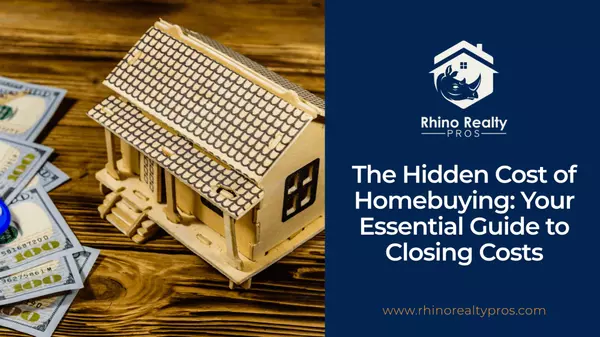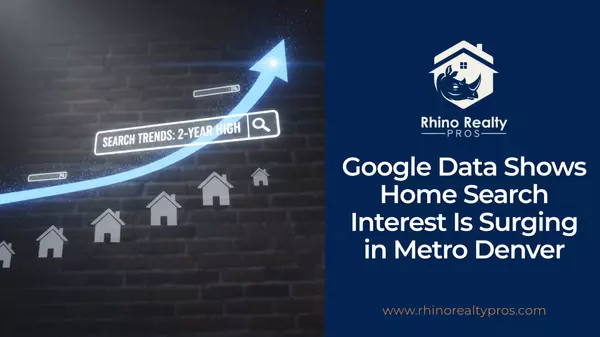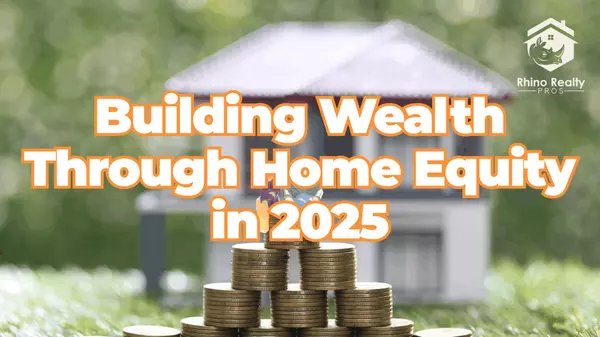Categories
Recent Posts

Why Most Sellers Hire Real Estate Agents Today

The Rhino Report: November 2025

The Hidden Cost of Homebuying: Your Essential Guide to Closing Costs

Google Data Shows Home Search Interest Is Surging in Metro Denver

Why October 2025 Is the Best Time to Buy a Home

The Rhino Report: October Real Estate Trends & Insights

Are Rising Mortgage Delinquencies a Sign of More Foreclosures Ahead?

Thinking About Renting Your Home Instead of Selling? Read This First

Building Wealth Through Home Equity in 2025

How Property Management Can Boost Your Rental ROI

